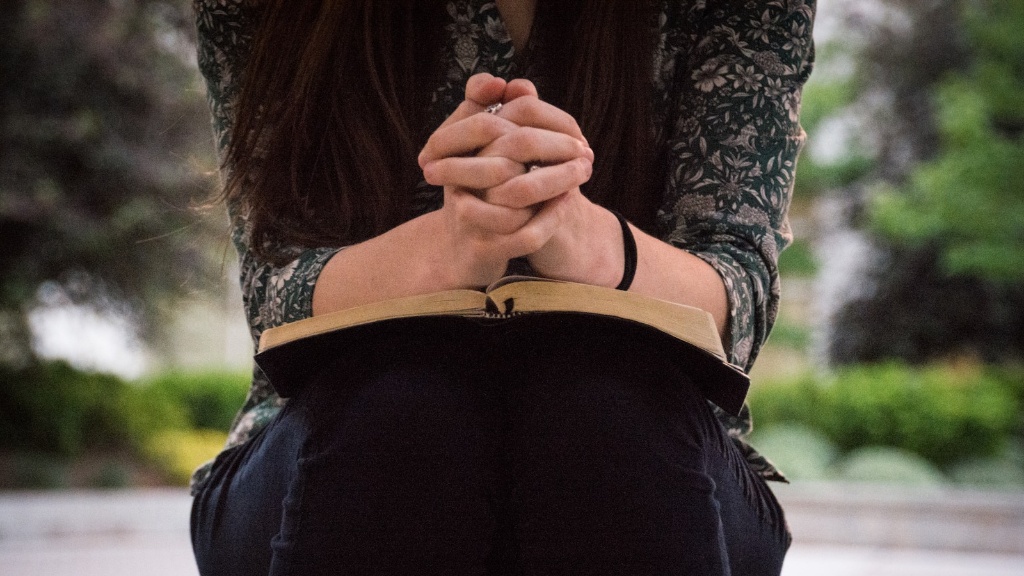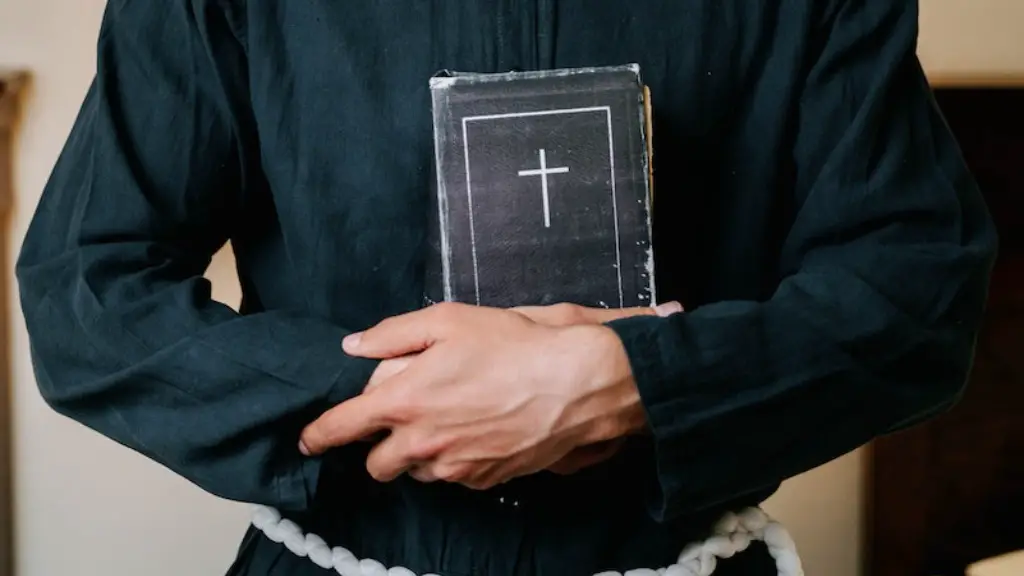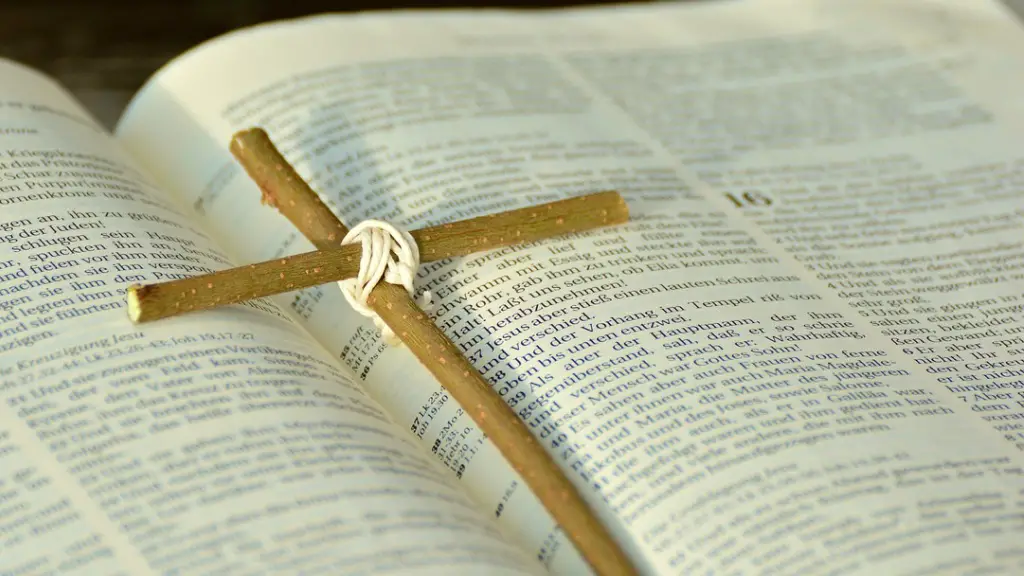The concept of Sheol is something that comes up often throughout the Bible, yet many don’t know what it actually is. But Sheol is an important part of the Bible, so it is important to understand it in the context of the scripture. This article will explain what Sheol is and provide some historical context for its meaning.
In the Bible, Sheol is typically used to describe the place where the dead are brought after they die. It is often referred to as the “grave” or “the pit.” The King James Version of the Bible translates the word Sheol τῶν as “the grave.” In other translations, the word has been translated “hades,” “hell,” or “infernal regions.”
Sheol is a place of darkness and chaos, and it is not the same thing as Heaven or Hell. It is a place of separation from God. In some ways, it can also be viewed as an intermediate place between life and death, where the souls of the dead are in a state of limbo.
The concept of Sheol is an ancient one. The ancient Hebrews believed that a person’s soul would go to Sheol, where it would remain until judgement day. This belief is reflected in various stories and teachings throughout the Bible. In the Old Testament, for example, Job speaks of Sheol as a place of darkness and silence, where the dead cannot praise God.
Sheol also appears in the New Testament, where Jesus speaks of it in several passages. In one passage, Jesus speaks of how all who follow him will be delivered from Sheol and receive eternal life. He also tells the story of the Rich Man and Lazarus, which contains references to Sheol.
Today, the concept of Sheol is still significant in some religious traditions. In Judaism, Sheol is sometimes referred to as “the grave” or “the world to come.” For Christians, Sheol is often connected to the soul’s journey to Heaven or Hell, depending on whether or not the person has been redeemed by God’s grace.
Although the concept of Sheol has been around for centuries, it is still often misunderstood. Sheol is neither Heaven nor Hell, but rather a place of waiting for judgement day. It is a place of separation from God, but it is also a place of hope for redemption and eternal life.
What Is The Significance Of Sheol In The Bible?
Sheol is an important concept in the Bible, as it is connected to many different teachings and stories. Most notably, it serves as a reminder of the separation between life and death, as well as the inevitable judgement day. In the Bible, Sheol is often used as a spiritual way of speaking about death, as well as the hope of resurrection and eternal life.
Sheol also serves as a reminder to believers that our decisions and actions in life have eternal consequences. Although Sheol is a place of darkness and chaos, there is still hope for redemption and eternal life. In the Bible, Sheol is often associated with the idea of a new life—a life in a new creation, which can only be achieved through repentance, faith, and trust in God.
Sheol is also a reminder of the truth that death does not have the last word. The hope of resurrection is always there, as is the possibility of eternal life. Even if we suffer the consequences of death in this life, God promises to redeem and restore us.
Finally, Sheol reminds us that death is not the end. Our lives have meaning, purpose, and value, and each of us has a destiny that is determined by God. Even though death is a part of life, we can still live life with joy, hope, and faith, knowing that death is not the end.
What Is Sheol In Different Religions?
The concept of Sheol is not just found in the Bible; it is also present in many other religious traditions. In many of these traditions, Sheol is seen as a place that is separate from Heaven and Hell. It is often used as a way of interpreting the afterlife and the journey of the soul after death.
In some traditions, Sheol is seen as a place of darkness and chaos, where souls are in a state of limbo. In others, it is seen as the spiritual realm between Heaven and Hell. In some traditions, Sheol is seen as a place where souls can gain knowledge and wisdom before they are judged and sent to their eternal destination.
In most faiths, Sheol is seen as a place of waiting. It is a place where souls gather as they wait for judgement and redemption. This can be seen in the story of Lazarus and the Rich Man, where souls are seen waiting in Sheol for final judgement. In some belief systems, Sheol is seen as a place of spiritual purification, a place where souls can be cleansed of their sins before passing into the afterlife.
In the Bible, Sheol is seen as a place of separation from God. It is a place of darkness and chaos, but it is also a place of hope for redemption and eternal life. In many other religious traditions, Sheol is seen as a place of spiritual purification and learning before being judged and sent to the eternal destination.
What Are The Different Ideas About Sheol?
Sheol is a complex concept, and there are many different ideas about it. Some people believe that Sheol is just a spiritual realm and that souls remain in limbo until judgment day. Others believe that Sheol is a place where souls can learn and often be purified before being judged and sent to their final destination.
Still others believe that Sheol is an intermediate place where souls are separated from God, yet can still be redeemed. This idea is reinforced in Jesus’ teachings, particularly the parable of the Rich Man and Lazarus. In this parable, Sheol is seen as a place where the souls of the dead are separated from God, yet still have the potential for redemption.
Still others believe that Sheol is a place of punishment for those who have rejected God, a place of torment for the wicked. This can be seen in stories such as the story of the Rich Man and Lazarus, where the Rich Man is said to suffer in Sheol after his death.
Finally, some people believe that Sheol is a place of peace and rest, where the souls of the righteous are welcomed. This is often seen in passages from the Bible, such as in the book of Isaiah, where the righteous are said to be welcomed into a place of peace and rest.
Who Goes To Sheol?
According to the Bible and other religious writings, all people go to Sheol after death. It is a place where the souls of the dead are in a state of limbo, awaiting judgement day. In the Bible and other texts, it is believed that all people, regardless of their actions in life, will eventually be judged and go to Sheol.
The Bible and other texts also indicate that those who are faithful and righteous will not experience the same kind of suffering that those who are wicked and unrepentant will experience in Sheol. According to the Bible, the righteous will be welcomed into a place of peace and rest, while the wicked will suffer in everlasting torment.
The Bible also teaches that there is hope for redemption, even when in Sheol. This can be seen in Jesus’ teachings, particularly in the parable of the Rich Man and Lazarus. In this parable, the Rich Man is said to suffer in Sheol, but there is still hope for redemption. This is a reminder that even in the darkness, there is still hope.
What Is The Purpose Of Sheol?
The purpose of Sheol is to remind us that our lives have meaning, purpose, and value, and that our actions have eternal consequences. The concept of Sheol reminds us that death is not the end, and that we can still live life with joy, hope, and faith. Sheol also serves as a reminder that judgement day will come, and that our choices and decisions in life determine our eternal destiny.
In addition, the concept of Sheol reminds us that God promises to redeem and restore us. In the Bible, Sheol is often associated with the idea of a new life—a life in a new creation, which can only be achieved through repentance, faith, and trust in God. In the Bible and other religious writings, Sheol is a reminder that death does not have the last word—eternal life is still possible for those who believe.
Conclusion
Sheol is an important concept in the Bible, as it is connected to many different biblical teachings and stories. In the Bible, Sheol is a place of darkness and chaos, where the dead are brought after death and are in a state of limbo until Judgement Day. In other faiths, Sheol is seen as a place of spiritual purification and learning before being judged and sent to their eternal destination. Sheol is a reminder that death is not the end, and that our choices and decisions in life have eternal consequences. There is still hope for redemption, even in Sheol, as God promises to redeem and restore us.





